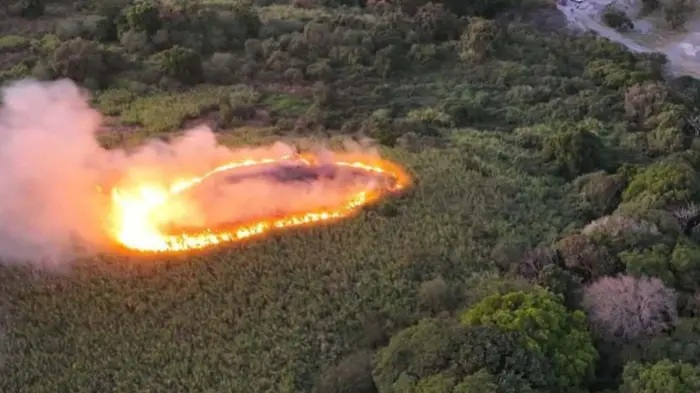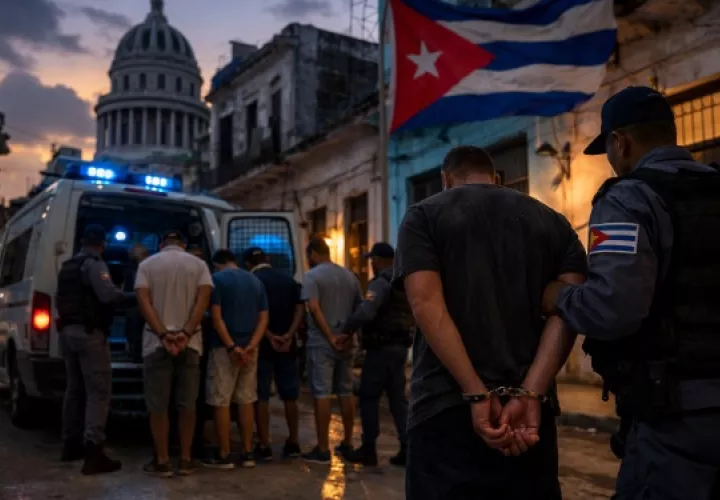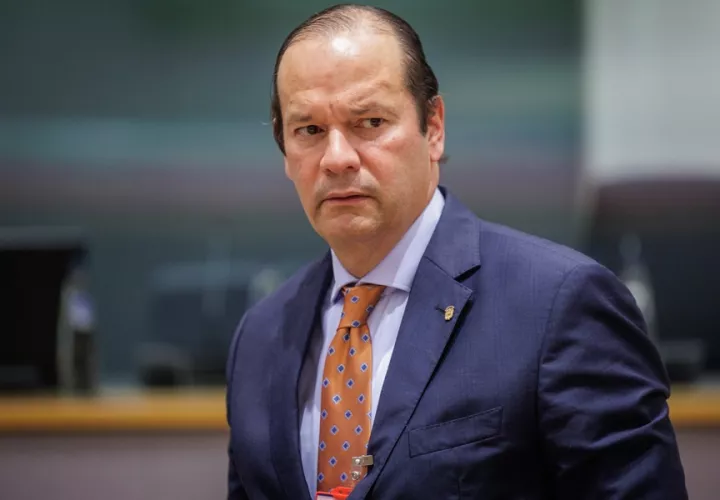Indigenous congress rejects Barro Blanco deal

THE AGREEMENT on the future of the Barro Blanco hydroelectric project between the government and the indigenous community is heading back to the negotiating table.

Hailed by President Juan Carlos Varela, and local UN representatives as “historic,” it was rejected by a majority of the 145 delegates attending the Ngäbe Bugle General Congress on Saturday September 17.
The decision , not to ratify the agreement signed in August was made in a secret ballot with 76 votes against the agreement, 67 in favor and 2 invalid ballots.
Panama Vice president and Chancellor Isabel de Saint Malo de Alvarado, said that the Government maintains willingness to seek a negotiated solution to ensure legal certainty.
Congress, President Demecio Cases said that the Government must now sit down and talk again with them to develop a new document that meets the expectations of its people.
Irene Gallego, Deputy Minister of Indigenous Affairs who was at the meeting, said Barro Blanco is practically out of the region. “This is the first agreement where the indigenous people were given a stake in the project.”
During the meeting, the absence of general cacique Silvia Carrera, who was one of the district authorities who signed the agreement questioned. The vote ended after 8:30 p.m., in the community of Cerro Algodon , a town where the mountains are “ lost in the clouds”
Divided communities
The communities were divided on the agreement which granted, among other things, 15% of the gross income of the almost completed project.
Those opposed indicated that it had been signed only by the general cacique Silvia Carrera, and some regional and local caciques.
They argued that the fate of the agreement should be defined at the General Congress in which, besides the chiefs, there are 250 delegates who would come to be the equivalent of the deputies in the National Assembly.
Those supporting the agreement indicated that it was an opportunity for the region to have something, and guarantee better conditions for the indigenous people.
In addition, it prevented any other dam on the Tabasará River





